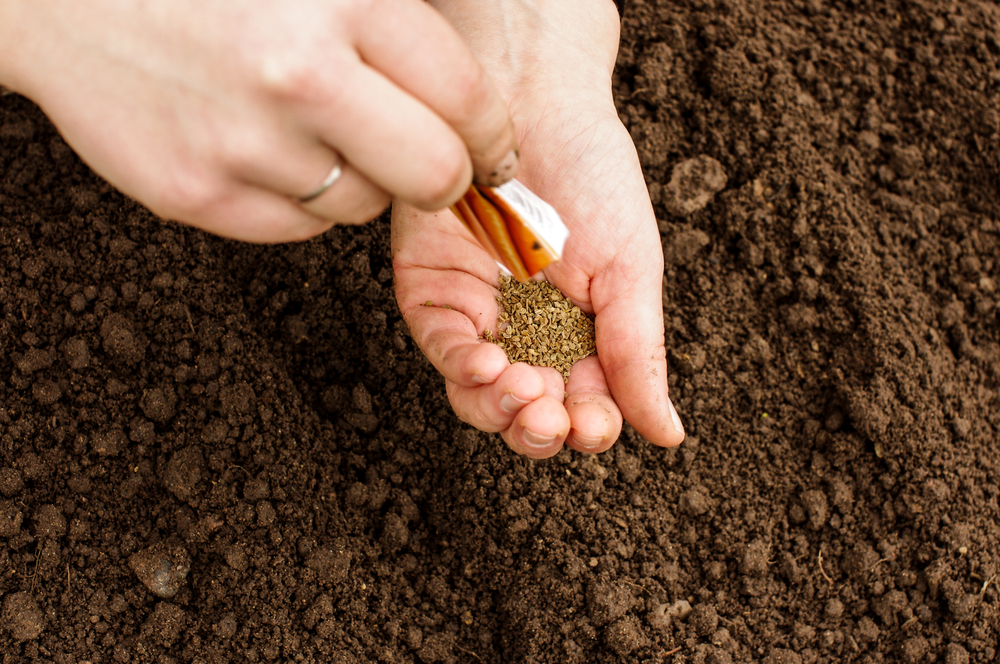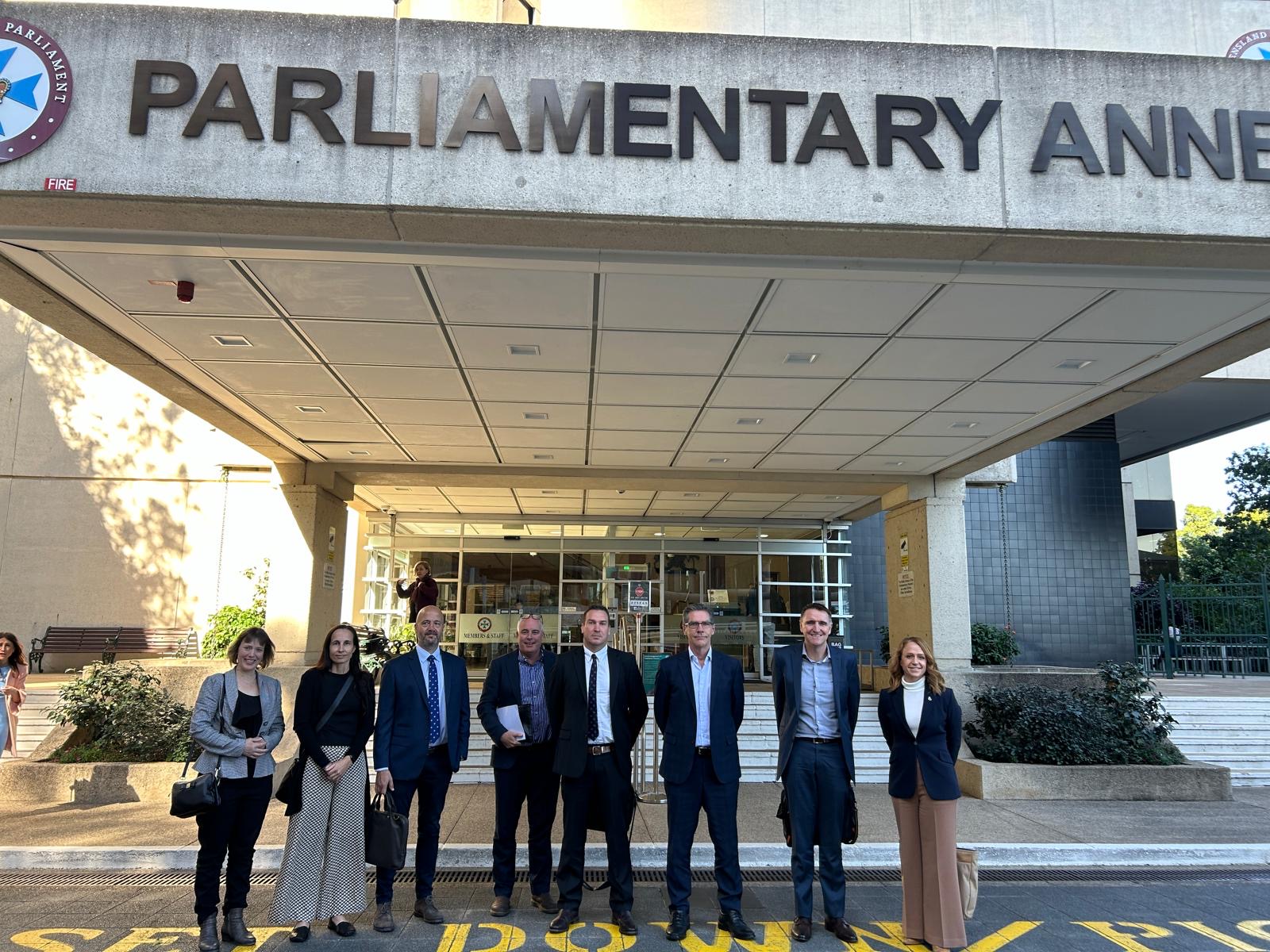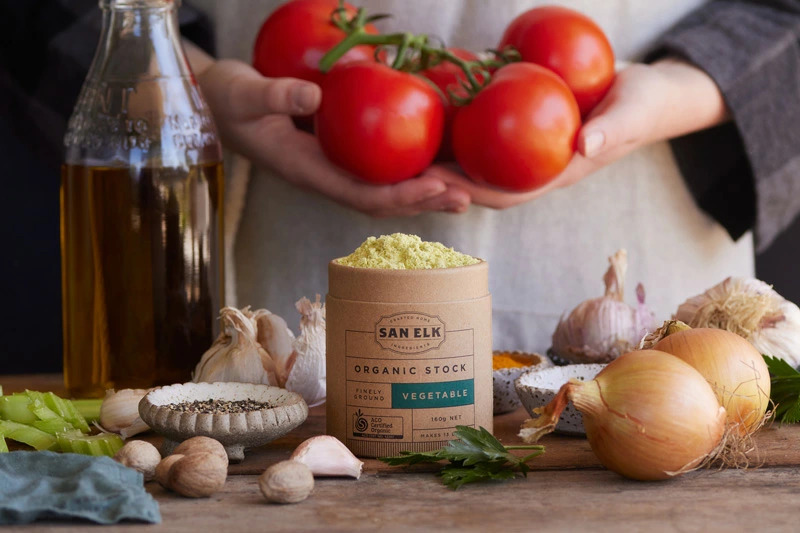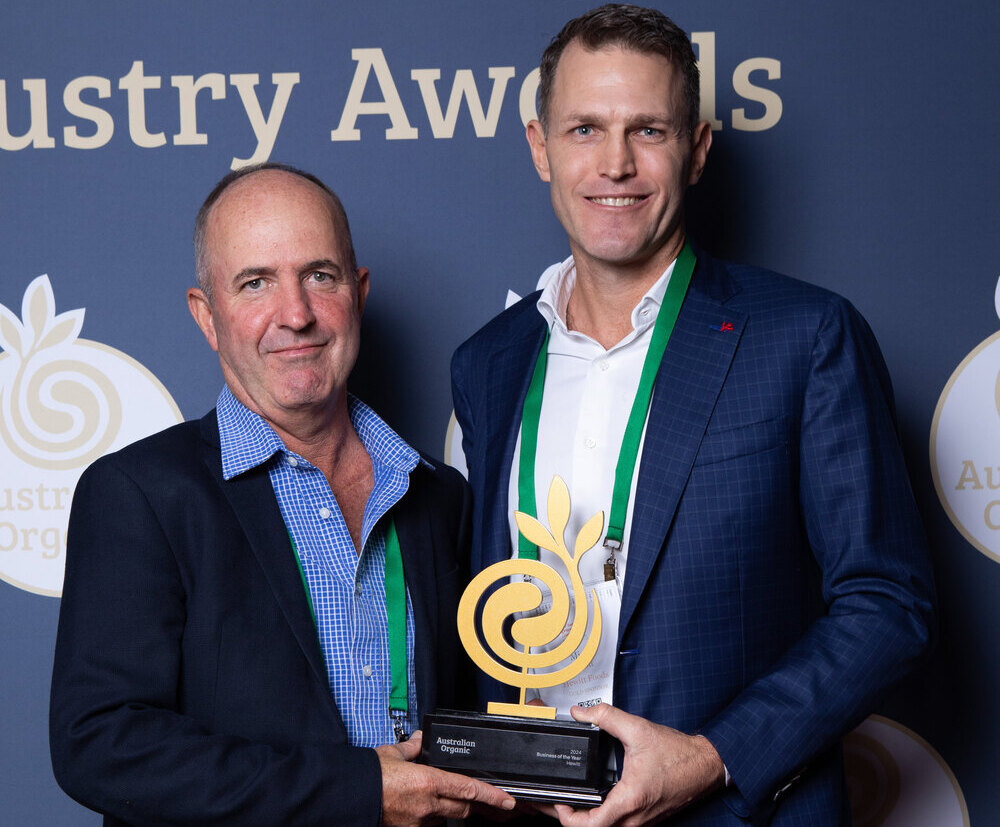Australian Organic Limited (AOL) this week worked alongside the Australian Seed Federation (ASF) to have the Australian Government suspend its decision to introduce the mandatory fungicidal treatment of some vegetable seed imports, in an advocacy effort which has protected the local organic carrot and fennel industries from potential decimation.
The proposed rules, which came under the direction of the Department of Agriculture, Water and the Environment, would have meant all consignments of Daucus Carota (carrot) and Foeniculum vulgare (fennel) seed sourced overseas for sowing were to be treated with a broad-spectrum fungicide either prior to export or on arrival in Australia.
AOL and ASF had contested these measures given they did not meet the requirements of organic production and effectively placed a ban on the import of selected organic seeds needed to grow vegetables to supply organic food to the Australian market.
AOL Chief Executive Officer, Niki Ford said she appreciated the Government’s common-sense turnaround on this policy while it continues to work towards a non-chemical alternative treatment for seeds.
“Domestic production of organic carrot and fennel seeds is limited at a commercial scale, so the ability to import organic seed is critical to both the supply of organic produce to Australian consumers and to the livelihood of organic producers,” Ms Ford said.
“This mandated treatment would have impacted organic producers’ ability to meet certification standards, and as a result, would have decimated the production of organic carrot and fennel in Australia.
“AOL and ASF welcome the Government suspending this mandatory fungicide treatment until there is an alternative non-chemical treatment option, or an approved disease-free status test in place, and in doing so has recognised the $2 billion contribution the organic industry makes to the national economy each year.”
Background
The Government initially sought to mandate fungicidal treatment following the completion of its Pest Risk Analysis for the Apiaceous family of seeds. This review identified fungal pathogens, Diaporthe angelicae on carrot seed and Cercospora foeniculi on fennel seed as potential threats to Australia’s biosecurity. However, without a non-chemical alternative in place, AOL and ASF advocated for the Government to wait until there were tests developed to identify potentially infected seed consignments, rather than mandating the treatment of all seeds with chemical fungicide.
During the consultation period, it was agreed among industry stakeholders and the Government that a Polymerase Chain Reaction (PCR) test, which uses the same technology as a COVID-19 test to identify undesirable pathogens, was a viable solution for organic producers. However, the test for these specific pathogens is still in development.
The scientific evidence relied on by the Government to conclude that these fungal pathogens were seed-borne or seed transmitted was not robust, and was strongly rebutted by AOL and ASF during the consultation phase of the Pest Risk Assessment.
The Government has assured the organic sector that a PCR testing alternative to mandatory fungicidal treatment for carrot and fennel seed is in development.
The Government’s revised notice can be accessed here.
